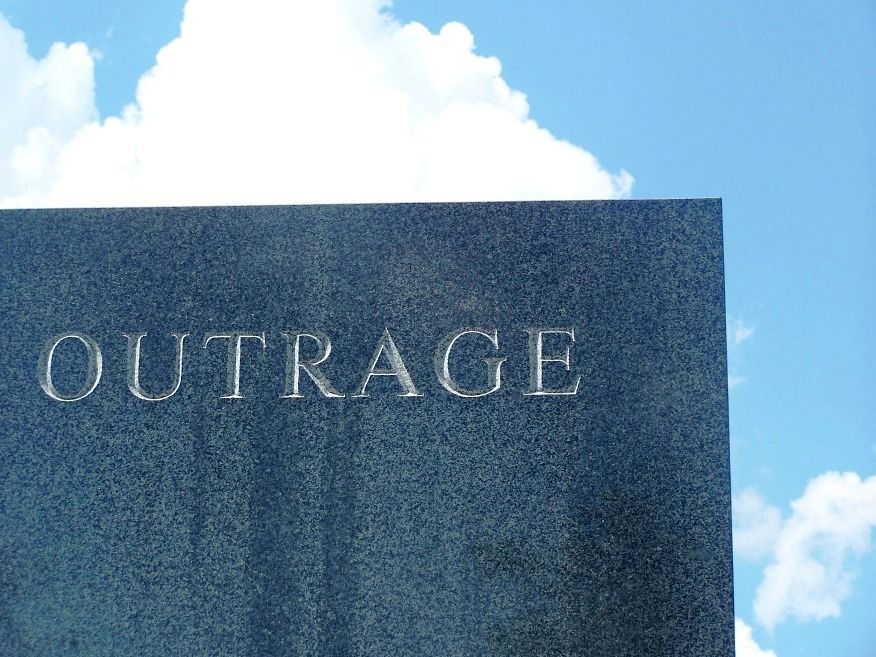Why We Need to Engage Critics and Defuse Outrage – LOP051

Dealing with criticism versus personal attack
When someone responds with a criticism or attack on my articles or podcast, that’s often a good sign. It means I’m pushing buttons and triggers.
Often the critic’s outrage is something they needs help with, but they are dealing with their challenge in a negative way. Other times they have a valid point to make, and it may be something I need to consider. So long as they are only criticizing the message and not the messenger, I’m willing to engage.
In Good Intentions Versus The Haters – LOP006 I made reference to three types of online aggression:
- The lazy hater: meaningless, nonsensical, little to no argument, opinion, no discussion;
- Angry and/or bigoted hater: racist, homophobic, etc, and;
- The unforgiving hater: bitter, resentful, vile, vengeful, stalker, looking to take you down, defamatory, accusatory, out to destroy you and your reputation.
Creators risk personal attack and criticism
Anyone in the public eye risks exposing themselves through their craft. It hurts when someone criticizes who we are, our character, intelligence, and individual expression. This is the retaliation of a weak mind, of someone who needs to be right, of someone unwilling to take the same level of risk to express their own creativity to the world. It’s easier to be a critic than it is to create!
What in your experience would help you relate to another person's lived experience? How could you feel for them through your own stories and challenges? Those are questions I ask of myself when choosing to respond to negative criticism.
This is me.
Take it or leave it, I have chosen this platform to create dialogue. I am open to discussion, to growing, to learning what I don’t know, to realizing I was wrong. I’m a provocateur and a queer thinker. I’m here to challenge my listeners and readers. Sometimes I say things that are uncomfortable, but this is where the greatest potential for self-reflection and personal growth lives.
How do you respond to the online culture of outrage?
What is your strategy to defuse the online culture of aggression if someone attacks your viewpoint? Here is how I responded to an email sent to me by someone upset with one of my articles:
We could have a conversation about this topic. And that conversation starts with engaging in discussion. That is not what your email is about. I am open to people’s points of view if they can critique a point I have made and either offer something I don’t know, or explain why they believe something I have said is wrong.
Your email is an expression of anger, and I have to ask, where does this anger come from? Instead of saying, that you "thought it was hypocritical and bigoted against people you don't even know” (and by the way I know many straight-acting gay men), explain the hypocrisy. Is it possible that my strong sentiments have triggered something inside of you, and how you represent who you are?
It really sounds to me that you have more to say, or even discuss, but can you start from a place of asking?
Let’s all start from a place of asking; from seeking first to understand, before trying to be heard.Tweet
- The Internalized Homophobia Of “Straight-Acting” Gay Men
- Forgiveness and Acceptance of Internalized Homophobia – LOP039
- From Sissy Boys to Straight-Acting Gay Men
- What Are We Striving For — As Individuals and as a Human Collective?
Living OUT theme music: “Summer” by Bensound.com ~ Cover photo romana klee





Member discussion